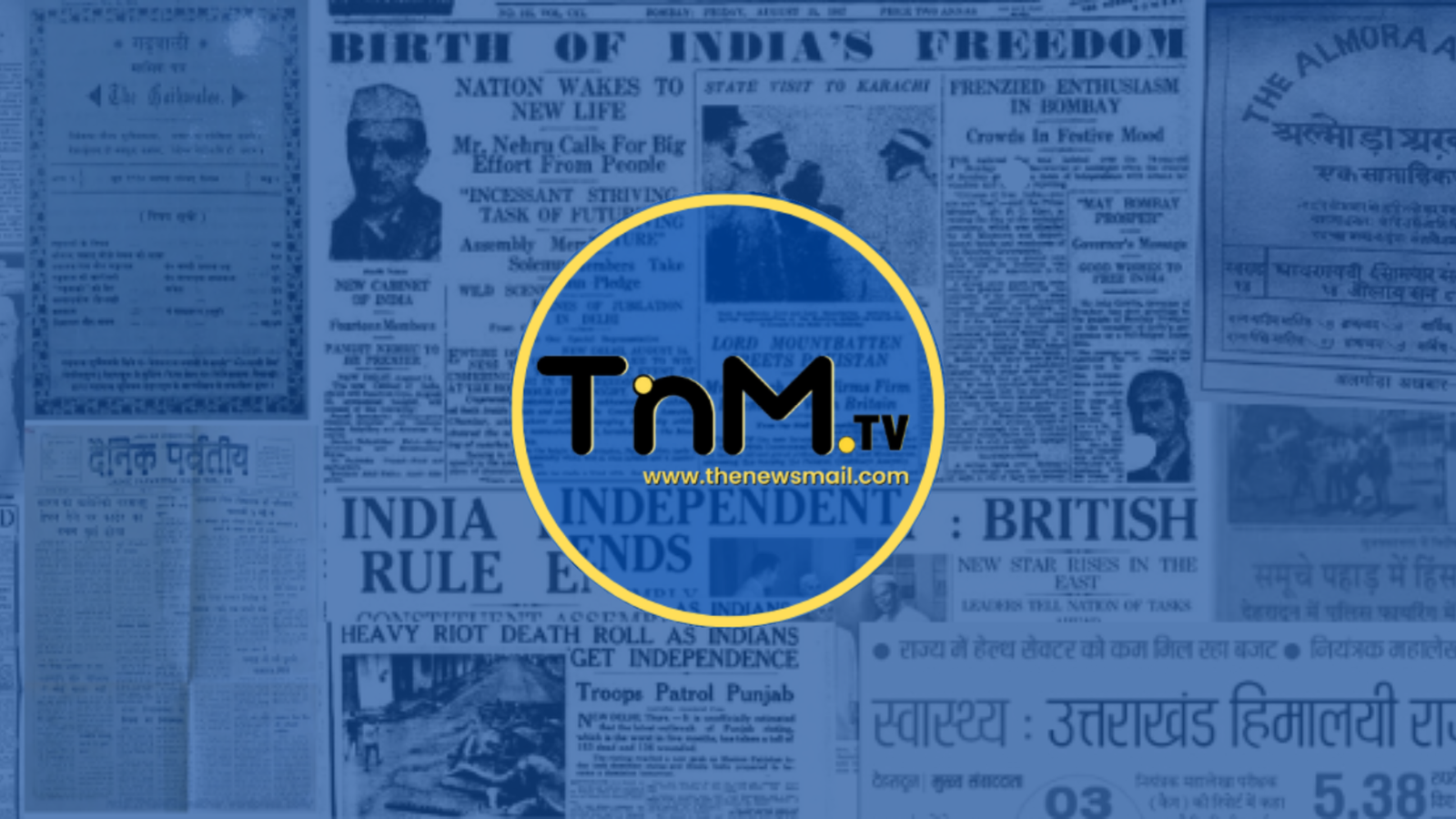The Emergency Years
Indira Gandhi’s ‘Garibi Hatao’ slogan and role in Bangladesh war strengthened her appeal among the masses, but concern grew over her authoritarian streak within the party. India saw one of the darkest periods of post-independent history with the declaration of Emergency and the suspension of civil liberties.

The house of the people
The Indira Gandhi-led Congress “swept back to power” with 352 seats and had near absolute control of the government. The voting, called prematurely, was “the most crucial election in two decades of the Republic”, The Hindu’s editorial noted on March 12. The electorate returned an unequivocal verdict in favour of Mrs. Gandhi’s Congress faction.

The Communist Party of India (Marxist) trailed with 25 seats, followed by Communist Party of India and Dravida Munnetra Kazhagam (DMK) with 23 seats each.
This was the first election when Maharashtra’s Shiv Sena fielded candidates for Lok Sabha polls. The fifth Lok Sabha saw two changes in the Speaker of the House. G.S. Dhillon served between August 1969 to December 1975, notable for his insistence on maintaining parliamentary decorum during times of political upheaval. Bali Ram Bhagat took over the position in January 1976 and continued till March 1977.
As Congress maintained an overwhelming majority in the House, there was no official Leader of Opposition.
The politics
Congress’s tilt towards socialism found appeal at a time of severe and “unusual” economic strain. A budget policy document lists significant challenges. An influx of nearly 10 million refugees; droughts and floods which devastated lives and livelihoods; outbreak of hostilities with Pakistan. Mrs. Gandhi’s government proposed popular economic reforms such as moderate tax increases on higher-income people and promoting the Green Revolution. It aligned itself with the slogan ‘Garibi hatao’.
Regional parties like Shiv Sena and the Akali Dal were ‘ruthlessly demolished’. The opposition parties had set forth a coalition comprising the Congress (O), Samyukta Socialist Party, Praja Socialist Party, Swatantra Party and Bharatiya Jan Sangh. This Grand Alliance’s calls of ‘democracy in danger’ fell faint in the face of Congress’s hegemony in the 1971 elections. The exceptions included DMK in Tamil Nadu and Telangana Praja Samiti – both in alliance with Congress (R). The DMK itself saw a “landslide victory” in Assembly Elections that year.
When asked how she felt about the vote in her favour, Mrs. Gandhi remarked: “It is also a verdict against the kind of tactics, abuse and the atmosphere of violence the Opposition was indulging in.”

The agenda
Mrs. Gandhi extended the term of the Lok Sabha, which was to expire on March 18, 1976, by a period of one-year up to March 18, 1977, through the People (Extension of Duration) Act, 1976. It was extended again till 1978 through the House of the People (Extension of Duration) Amendment Act. 1976. It was dissolved earlier, however, on January 18, 1977.
The Constitution was amended 19 times during this period, according to a study. Matters raised included working of nationalised banks, C.I.A. activities in India and findings of an inquiry into the Disappearance of Netaji Subhash Chandra Bose.
National security, economy and socialism took precedence in this term.Mrs. Gandhi’s electoral reforms to eradicate poverty and abolish privy purses earned favour among the electorate. The Constitution (Twenty-Sixth) Amendment Act, 1971 came into effect which abolished the fixed, tax-free payments made to former rulers of princely States after they joined India post the 1947 partition. Mrs. Gandhi said it was “another step towards the creation of an egalitarian society” in Lok Sabha.
The period saw India demonstrating political leadership during the Bangladesh Liberation War. The Hindu noted Mrs. Gandhi’s international travels with Defence Minister Sardar Swaran Singh to world capitals, building support for an independent Bangladesh. India provided support to refugees pouring in through the borders and recognised the legitimacy of the Bengali nationalist movement – thus strengthening Mrs. Gandhi’s position as a powerful leader in the political landscape.
Political repression, muzzling of the free press, human rights violation and unrest marked the remaining period. The split within Congress widened with Mrs. Gandhi’s “increasingly authoritarian hold over the party”, The Hindu noted in an article. Allegations claimed Mrs. Gandhi used state machinery for her campaign and engaged in malpractice. The Allahabad High Court in June 1975 found her guilty on the first account, declaring the elections to be null and void. Strikes and protests followed. A few minutes before midnight, a state of Emergency was declared on June 25, 1975.

Several Opposition leaders, including Mr. Desai and George Fernandes, were arrested. Sanjay Gandhi mandated forced sterilisation under the guise of population control; almost 6.2 million men were sterilised, at least thousands died due to botched surgeries, and some were killed while protesting these measures.
In the Shah Commission report on Emergency published in 1978, an official mentioned Mrs. Gandhi’s belief that “India needed some ‘shock treatment’ and that some ‘emergent power or drastic power’ was necessary”. The Lok Sabha was dissolved in 1977, with the next General Elections announced.
References
- Puri, B. (1985). Era of Indira Gandhi. Economic and Political Weekly, 20(4), 148-150.http://www.jstor.org/stable/4374003
- Parliament of India, The Fifth Lok Sabha: A Study, published for the Lok Sabha Secretariat
- India Budget 1971-72 policy brief
- Election Commission of India
- The Hindu Archives
- The video was taken from Prasar Bharati Archives’ YouTube page:https://www.youtube.com/watch?v=9KWY1n5CpH4
- Election Atlas of India: Parliamentary elections 1952 – 2014, edited by Dr. R. K. Thukral















+ There are no comments
Add yours